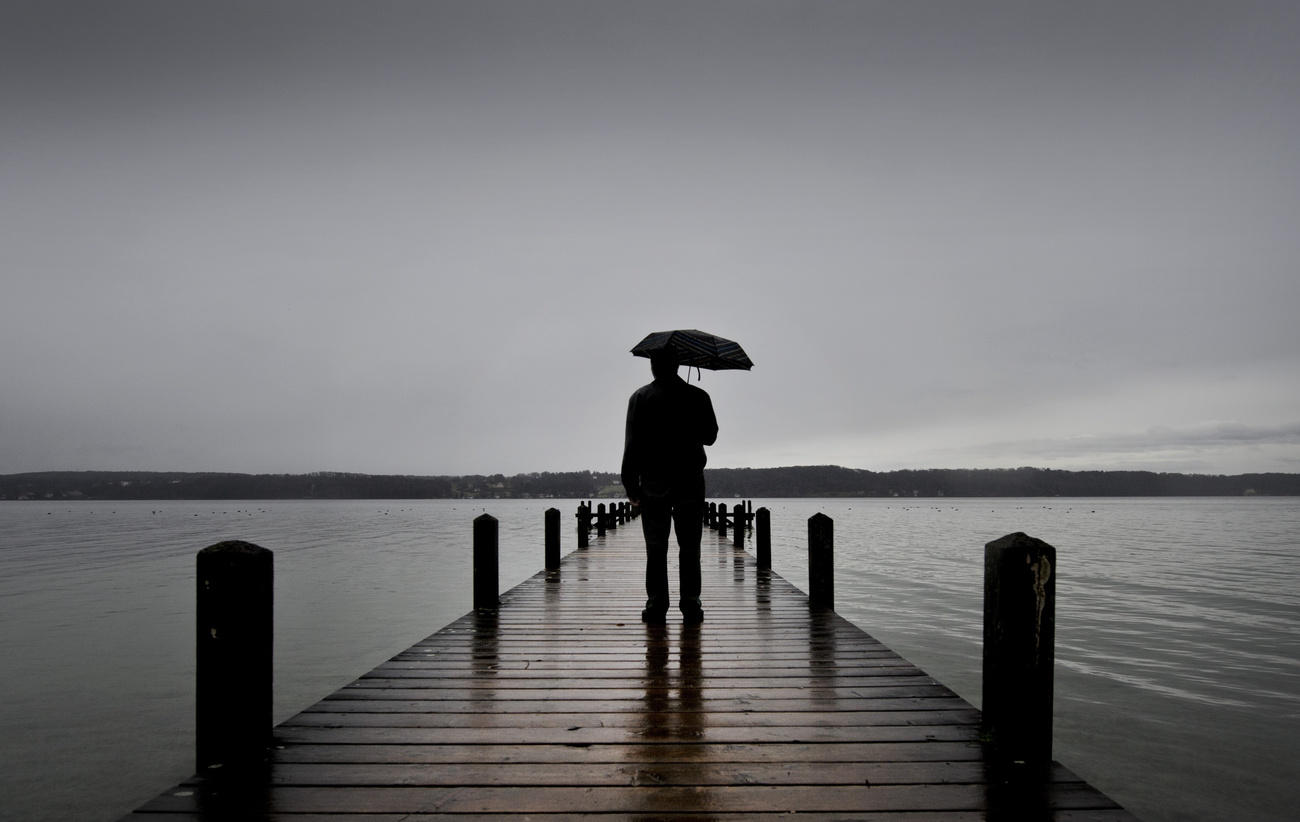
New ‘burnout’ definition proposed by Swiss researchers

Is burnout a physical problem or a social phenomenon linked to the workplace? Researchers in Lausanne have proposed a new, all-encompassing definition of the concept.
It’s a term that has been much discussed in recent years, both among the public and medical professionals, but until now there has been no unified definition of what “burnout” is.
Researchers from the Unisanté centre – a health research unit associated with the University of Lausanne – have come up with their proposal for classifying the phenomenon, after working with linguists to analyse 88 definitions of the term from across the world.
Their conclusion: burnout is “a state of emotional and physical exhaustion, linked to a prolonged exposure to problems at work”.

More
Why burnout is such a controversial issue in Switzerland
The proposal, which has recently been publishedExternal link in the Scandinavian Journal of Work, Environment and Health, was approved by a panel of 60 experts from 29 countries.
Lead author Irina Guseva Canu, a professor of epidemiological studies at Unisanté, said the definition clearly places burnout on the spectrum of physical health, rather than seeing it as a social phenomenon.
“This could change attitudes towards the problem and lead to it being considered a health issue which needs to be treated by therapy from health professionals,” she told Swiss public radio, RTS, on Tuesday.
The World Health Organization (WHO) describesExternal link burnout in not dissimilar terms, as “a syndrome conceptualised as resulting from chronic workplace stress that has not been successfully managed”. However, it classifies it as an “occupational phenomenon”.
“[Burnout] is not classified as a medical condition,” the WHO writes.
Canu said the aim of her research is not a political one of lobbying for a change in the global definition. But she added that the WHO’s decision regarding the classification of burnout is important, and that the publication will soon be presented both to the WHO and to the International Labour Organization (ILO), both based in Geneva.

In compliance with the JTI standards
More: SWI swissinfo.ch certified by the Journalism Trust Initiative





























You can find an overview of ongoing debates with our journalists here . Please join us!
If you want to start a conversation about a topic raised in this article or want to report factual errors, email us at english@swissinfo.ch.